On a number of petitions challenging certain provisions of the Places of Worship (Special Provision) Act, 1991, the Supreme Court on Tuesday gave the Centre three months to submit a response. These provisions prohibit the filing of a lawsuit to reclaim a place of worship or seek a change in its character from what existed on August 15, 1947. The Centre requested more time to make a response, and a bench consisting of Chief Justice of India DY Chandrachud, Justices PS Narasimha, and Manoj Misra granted the Centre time till October 31, 2023. Tushar Mehta, the Centre’s solicitor general, informed the bench that the government is reviewing the situation and needs additional time to prepare an affidavit. “I am conscious of the fact that I have sought time for this before… but it is under consideration. Central government needs more time to file…,” Mehta said. The Centre had already asked for more time on a number of occasions to write an affidavit regarding the arguments. Subramanian Swamy, a former member of the Rajya Sabha, told the bench that the subject should be posted for a final hearing because the Centre has consistently requested an adjournment throughout hearings. According to attorney Vrinda Grover, there is a request in the court for a suspension of the Act. According to her, cases are being contested all throughout the nation while the Act is in effect, and as of right now, the Act is applicable. The bench responded by making it plain that there is no stay on the Act and that the mere fact that a case is pending does not constitute a stay. The Places of Worship Act was contested in the petitions, which claimed that it violated the rights of Hindus, Jains, Buddhists, and Sikhs to rebuild their “places of worship and pilgrimages” that had been destroyed by invaders. Daughter of the Kashi Royal Family, Maharaja Kumari Krishna Priya, BJP leader Subramanian Swamy, former MP Chintamani Malviya, a retired army officer Anil Kabotra, advocate Chandra Shekhar, a resident of Varanasi Rudra Vikram Singh, religious leader Swami Jeetendranand Saraswati, a resident of Mathura Devkinandan Thakur and a religious guru and advocate Ashwini Upadhyay among others have filed the pleas in the apex court against the 1991 Act. The 1991 rule is a law that forbids the conversion of any place of worship, guarantees the preservation of that place’s religious identity as it existed on August 15, 1947, and addresses any issues that may arise in connection with or as a result of that. Jamiat Ulama-i-Hind has filed a petition before the highest court opposing the petitions brought by Hindu petitioners, arguing that tolerating the petitions’ arguments against the Act will unleash a wave of legal actions against numerous mosques all throughout India. The India Muslim Personal legislation Board had also filed a motion with the top court to oppose a number of petitions that questioned the legality of certain elements of a legislation from 1991. One of the pleas stated, “The Act excludes the birthplace of Lord Rama but includes the birthplace of Lord Krishna, though both are the incarnation of Lord Vishnu, the creator and equally worshipped all over the world.” The Act obviously violates the right of Hindus, Jains, Buddhists, and Sikhs to restore, manage, and oversee the places of worship and pilgrimage that are granted by Article 26 of the Indian Constitution, according to the arguments in the petitions. The constitutionality of Sections 2, 3, and 4 of the Places of Worship (Special Provisions) Act 1991 has been contested in the petitions, which claim that these provisions go against the Preamble’s and the Constitution’s fundamental principles of secularism and the rule of law. The Act, according to the arguments, has eliminated the right to contact the Court, closing the door on legal remedies. Section 3 of the Act bars the conversion of places of worship. It states, “No person shall convert any place of worship of any religious denomination or any section thereof into a place of worship of a different section of the same religious denomination or of a different religious denomination or any section thereof.” In accordance with the law as it stood on August 15, 1947, Section 4 prohibits the filing of any lawsuit or the beginning of any other legal action for the conversion of any house of worship. The petitions argued that the Places of Worship Act of 1991 is invalid and unconstitutional for a number of grounds, including that it violates the rights of Hindus, Jains, Buddhists, and Sikhs to worship, profess, practise, and prorogate their religions (Article 25). The complaints also stated that it violates their right under Article 26 to manage, maintain, and administer sites of worship and pilgrimage. The Act denies these groups the right to hold or acquire religious properties that belong to the deity (and have been wrongfully taken by other communities), as well as the right to reclaim their places of worship, places of pilgrimage, and deity-owned property, according to the arguments. The Act further denies Muslims the right to make a claim under Section 107 of the Waqf Act while allowing Hindus, Jains, Buddhists, and Sikhs to retain possession of their places of worship and pilgrimage that are associated with cultural heritage (Article 29). “It is respectfully submitted that the Central Government by making impugned provision (Places of Worship Act 1991) in the year of 1991 has created arbitrary irrational retrospective cutoff date, declared that character of places of worship and pilgrimage shall be maintained as it was on August 15, 1947, and no suit or proceeding shall lie in the court in respect of the dispute against encroachment done by barbaric fundamentalist invaders and such proceeding shall stand abated,” the PILs stated. (With agency inputs)
A bench of Chief Justice of India DY Chandrachud and Justices PS Narasimha and Manoj Misra granted time to the Centre till October 31, 2023, after the Centre sought more time to file a response
Advertisement
End of Article


)
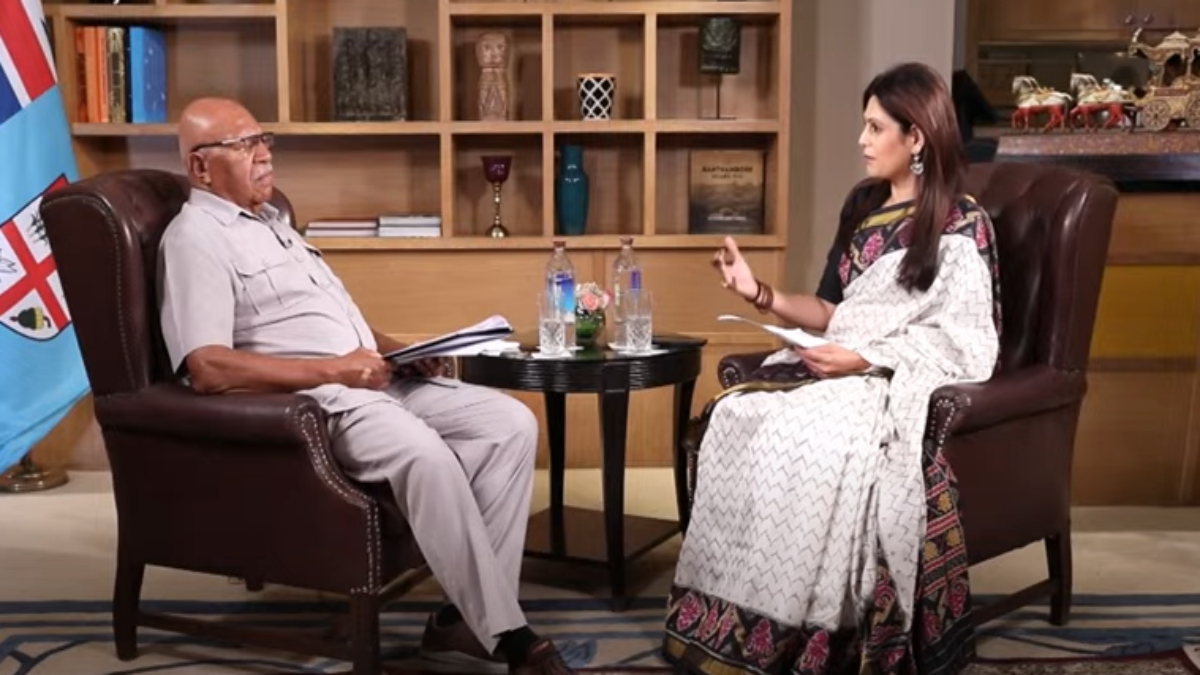)
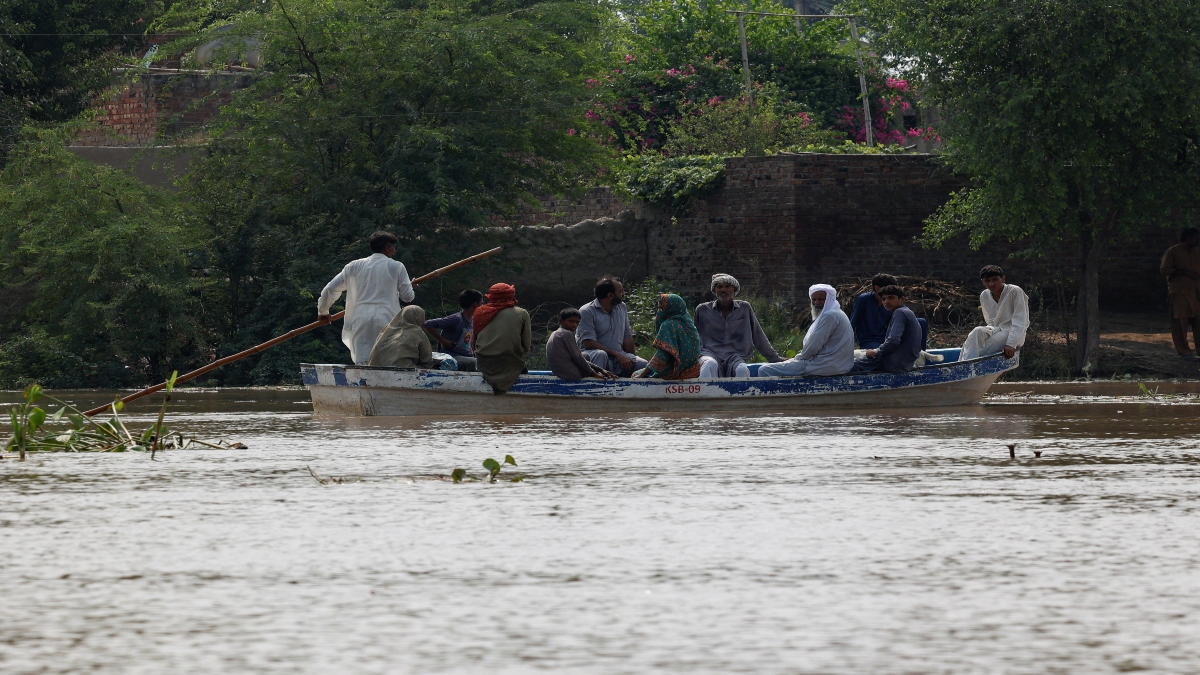)
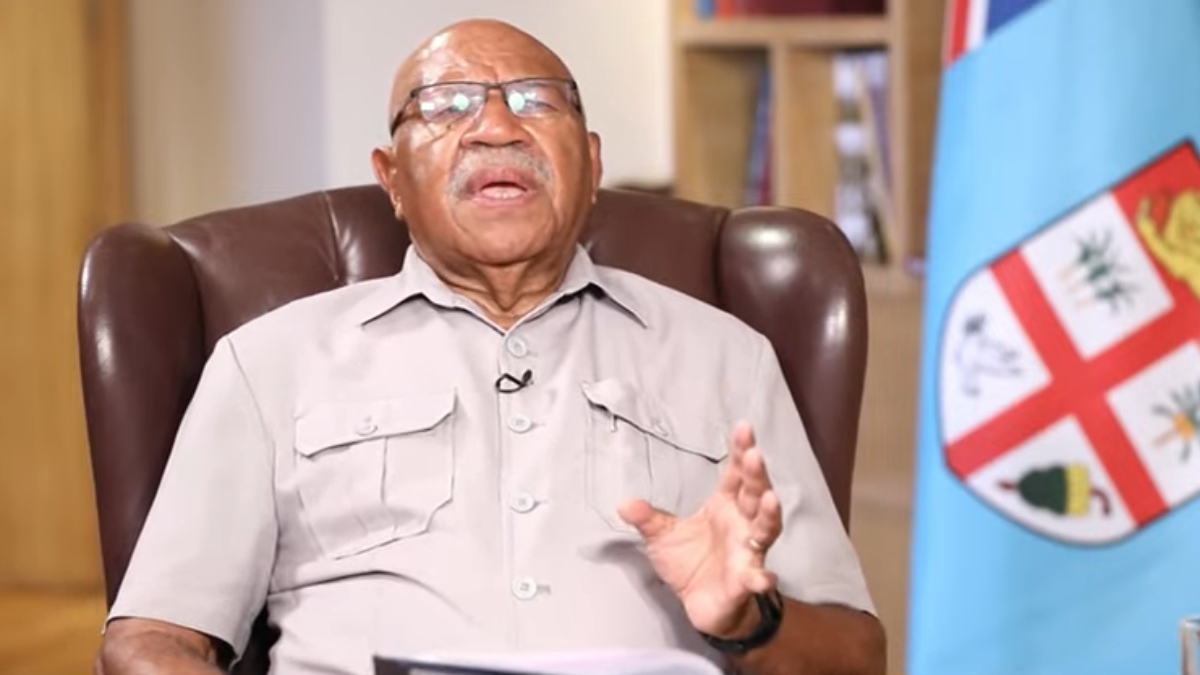)
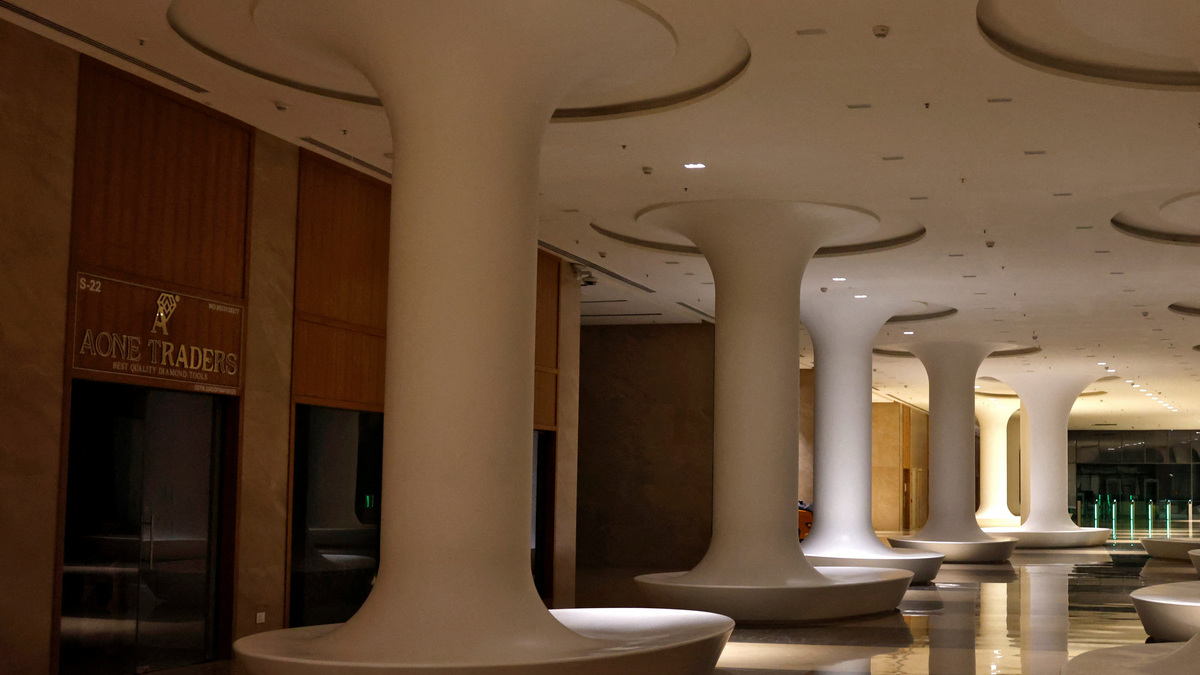)
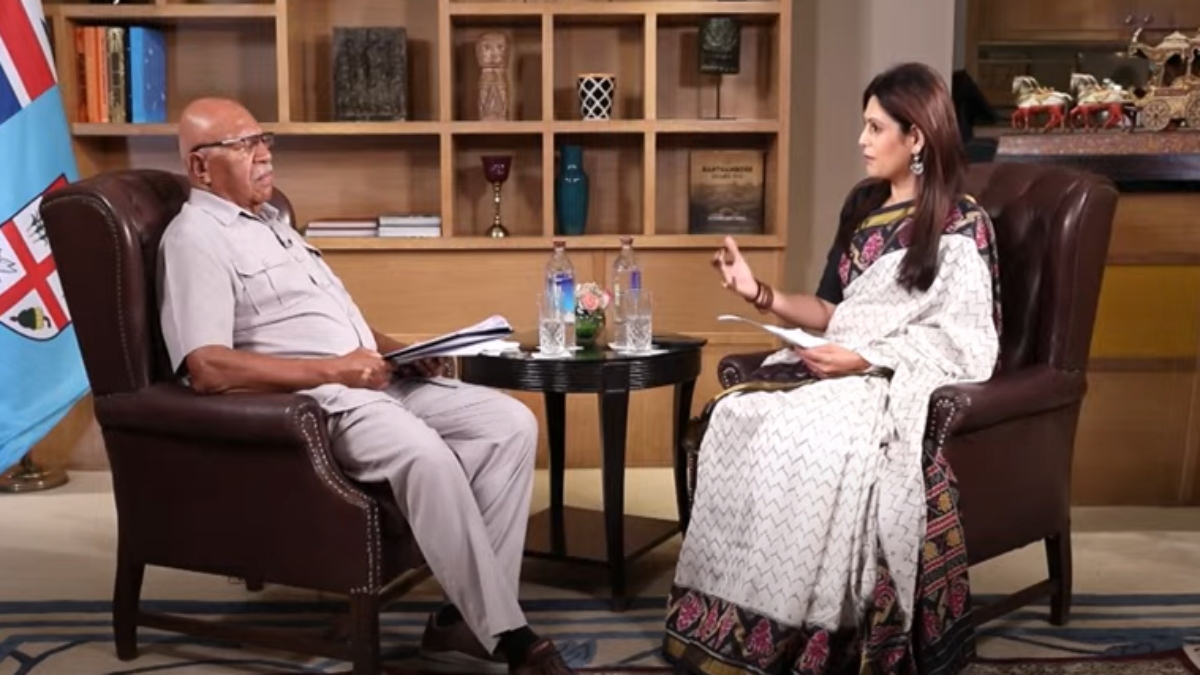)
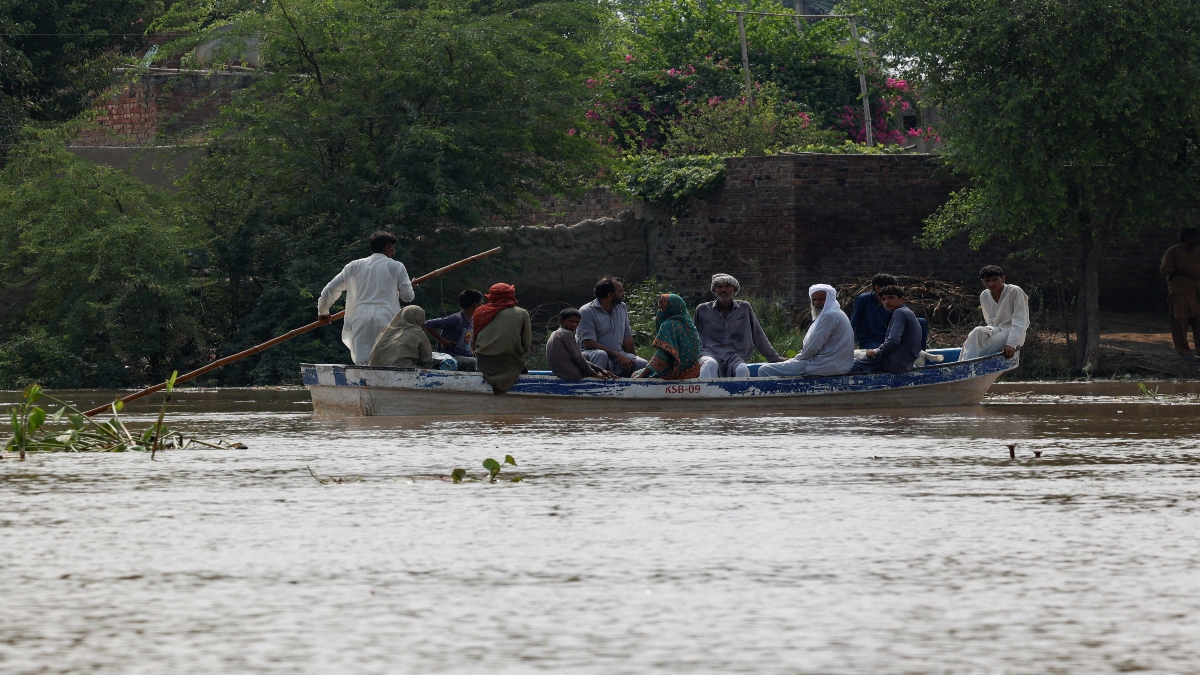)
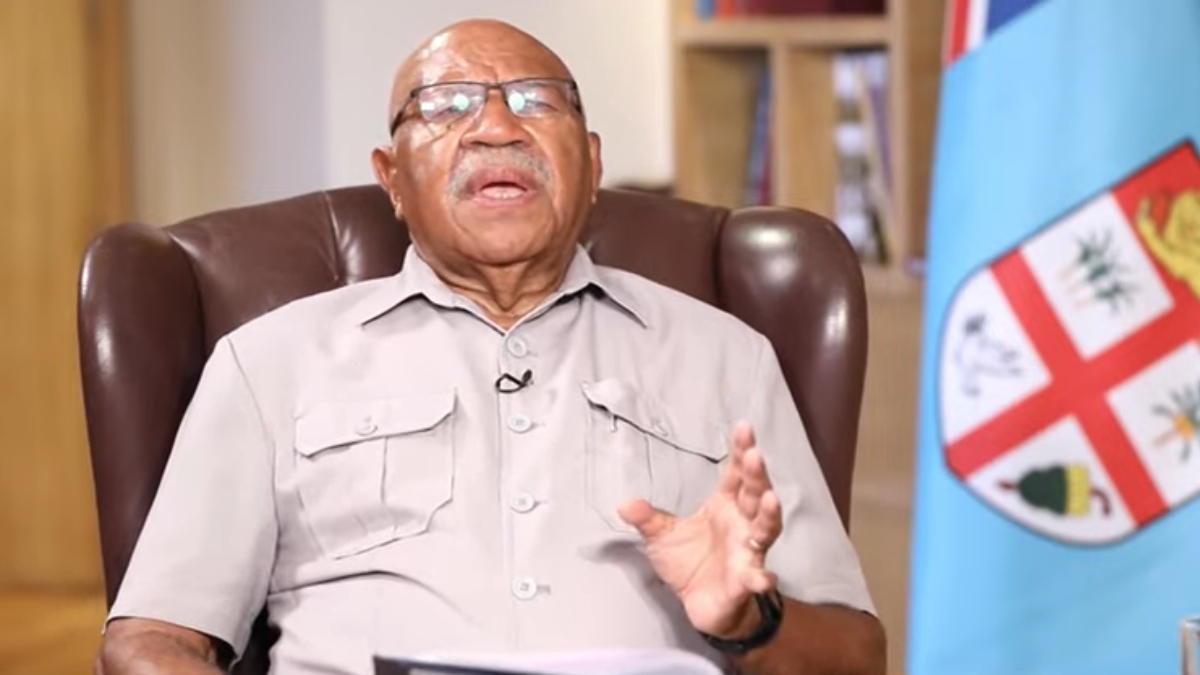)
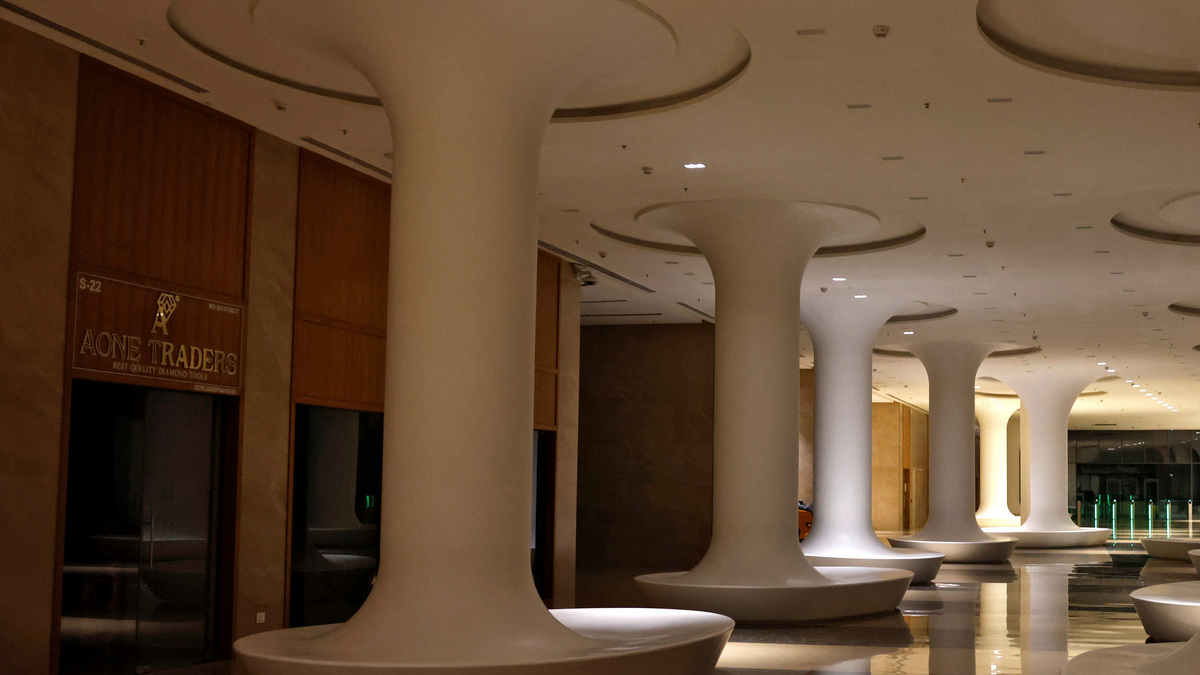)



